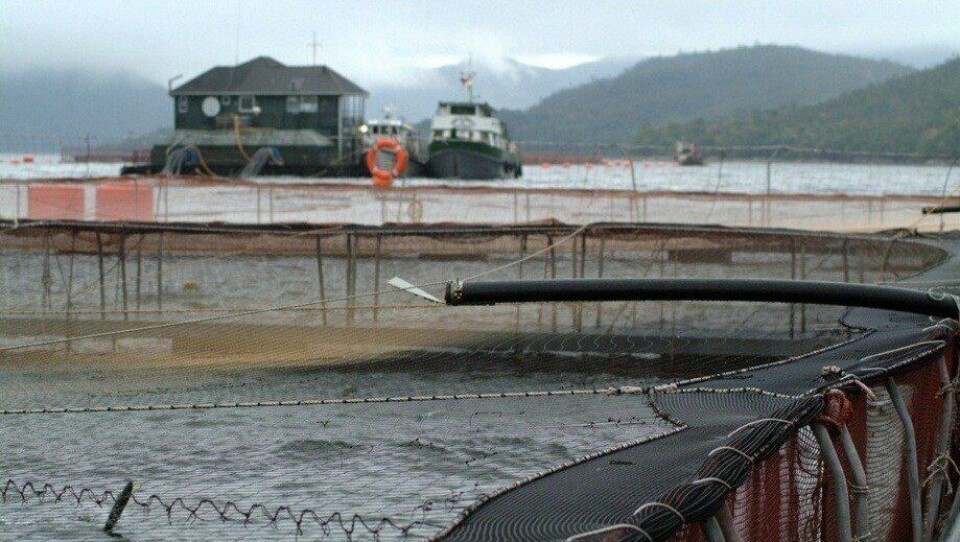
Chile: ‘Fish farmers should spend 3% of profits to protect environment’
Chilean politicians have proposed that salmon farmers allocate at least 3% of their profits to fund research into the impact of their operations on the ecosystem and prevent damage to the environment.
The proposal is one of a number made during the passage of legislation to make salmon farmers remove sediment from their sites.
The regulatory changes are being debated in the Chamber of Deputies, the lower house of Chile’s Congress.
Deputies approved the idea of amending existing legislation to demand the removal of sediments from underneath cages, and politicians of all political stripes made a series of proposals on the subject.
Treat sediment
One of the proposals was presented by deputies Boris Barrera (Communist Party), Jorge Brito (Democratic Revolution), Alexis Sepulveda (Radical Social Democrat) and Camila Rojas (Humanist Party), who are members of the Chamber’s opposition grouping. It states that fish farmers must treat the sedimentary material that accumulates in the seabed of their sites, and that this should be done during a fallow period established by government aquaculture authority, Sernapesca.
It is proposed that Sernapesca should determine the type of physical-chemical parameters and bio-indicators acceptable beneath the cages and immediate environs.
The proposal states that salmon farmers must finance measurements carried out by an independent entity, chosen by Sernapesca,and must explain if there are differences in environmental and health condition before and after fallowing.
Likewise, salmon farmers must remove the inorganic remains generated by their salmon farming operations and allocate not less than 3% of their profits to research the impact of their production on the ecosystem and to prevent events that may result in a damage of the environment. The results of the studies, according to the parliamentary proposal, will have to be delivered annually to the authorities and then be published publicly in a form that can be read and understood by everyone.
Sanctions
Another of the proposals was made by deputies Bernardo Berger (National Renewal), Pedro Pablo Álvarez Salamanca (UDI -Independent Democratic Union), Javier Hernández (UDI), Francisco Undurraga (Political Evolution), Pablo Prieto (RN – National Renewal) and Leonidas Romero (RN), who are all part of the right-of-centre government grouping. It specifies that salmon farmers must adopt measures to avoid the deposit of inert material in the bottom of the farm. The deputies propose a two-year suspension of operations if this rule is violated.
Gabriel Ascencio (Christian Democrat) has also proposed that farmers will have to adopt the measures to remove deposits of inert material on the seabed. The removal will take place within a maximum period of three years, starting from the fallow period established by Sernapesca.
The proposal prohibits the deposit of inert material at the bottom of the salmon farming concession, with infraction being sanctioned by the suspension of operations for two years. This is in line with the vision of Deputies who are members of the Fisheries and Aquaculture Commission.























































